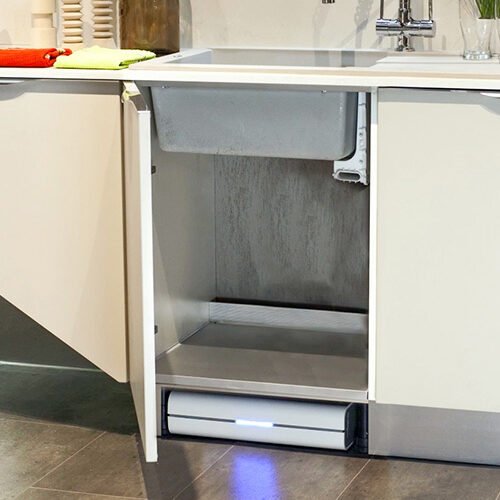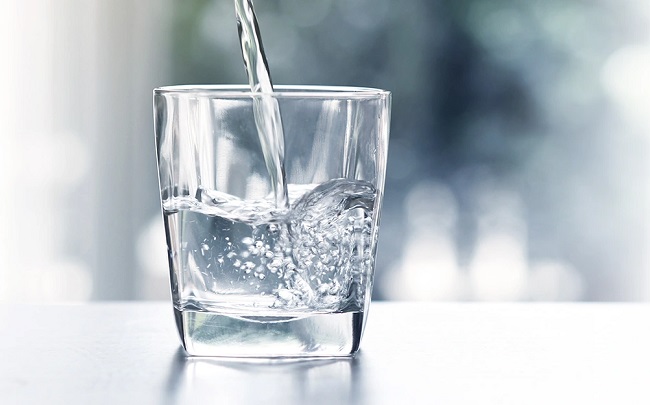


What are Water Purifier Systems?
Water purifier systems or devices are specifically designed to improve the quality of water by removing impurities, such as bacteria, viruses, chemicals, heavy metals, sediments, and unpleasant odours or tastes. They are commonly used in homes, offices, and other settings to ensure access to clean and healthy drinking water.
How do Water Purifier Systems Work?
Water Purifier systems use different filtration techniques to remove contaminants from the water. Here are some common methods employed by water purifier systems:
Reverse Osmosis (RO)
RO systems use a semi-permeable membrane that filters out impurities and dissolved solids from the water. The membrane allows pure water molecules to pass through while trapping contaminants, producing purified water.
Activated Carbon Filtration
Activated carbon filters are effective in removing chlorine, volatile organic compounds (VOCs), and other chemicals from the water. The activated carbon material adsorbs the impurities, improving taste and odour.
Ultraviolet (UV) Sterilisation
UV water purifiers use ultraviolet light to kill or inactivate bacteria, viruses, and other microorganisms present in the water. The UV rays disrupt the genetic material of the microorganisms, rendering them harmless.
Sediment Filtration
Sediment filters remove larger particles, such as sand, dirt, rust, and sediment, through physical filtration. These filters typically use porous materials to trap and remove the contaminants.
Ion Exchange
Ion exchange filters remove dissolved minerals and metals, such as calcium, magnesium, lead, and mercury, by exchanging them with ions of similar charge within the filter media.
What are the Main Benefits of Water Purifier Systems?
Improved Water Quality
The primary benefit of water purifier systems is that they significantly improve the quality of drinking water. By removing impurities and contaminants, water filtration systems provide clean, safe, and great-tasting water that is free from harmful substances and unwanted odours or flavours. They also help protect against waterborne diseases by eliminating bacteria, viruses, and other harmful microorganisms. They also remove potentially hazardous chemicals, heavy metals, and pollutants, reducing the risk of health issues related to water consumption

Cost-effective and Environmentally Friendly
Using a water purifer system is a cost-effective alternative to purchasing bottled water. It helps save money in the long run and reduces plastic waste associated with single-use water bottles, contributing to a more environmentally friendly lifestyle

Convenience and Accessibility
Having a water purifier system at home provides convenient access to clean drinking water at any time. There is no need to rely on external sources or worry about the availability or quality of bottled water.

Versatility
Water purifiers come in various sizes and types, offering the flexibility to choose a system that suits specific needs. They can be installed under the sink, attached to faucets, or used as countertop units, ensuring compatibility with different lifestyles and spaces.


Water Purifiers: what you need to know
Water purifiers utilise various filtration methods such as reverse osmosis, activated carbon, ultraviolet sterilisation, ion exchange, and sediment filtration to eliminate harmful substances. The benefits of water purifiers include improved water quality, healthier drinking water free from bacteria and chemicals, cost-effectiveness, convenience, and versatility in installation options. By using a water purifier, individuals and households can ensure access to clean and pure drinking water, leading to better health and a more environmentally friendly lifestyle.
Looking for the right water purifier?
Get a free and no-obligation water purifier quote in just a few clicks!